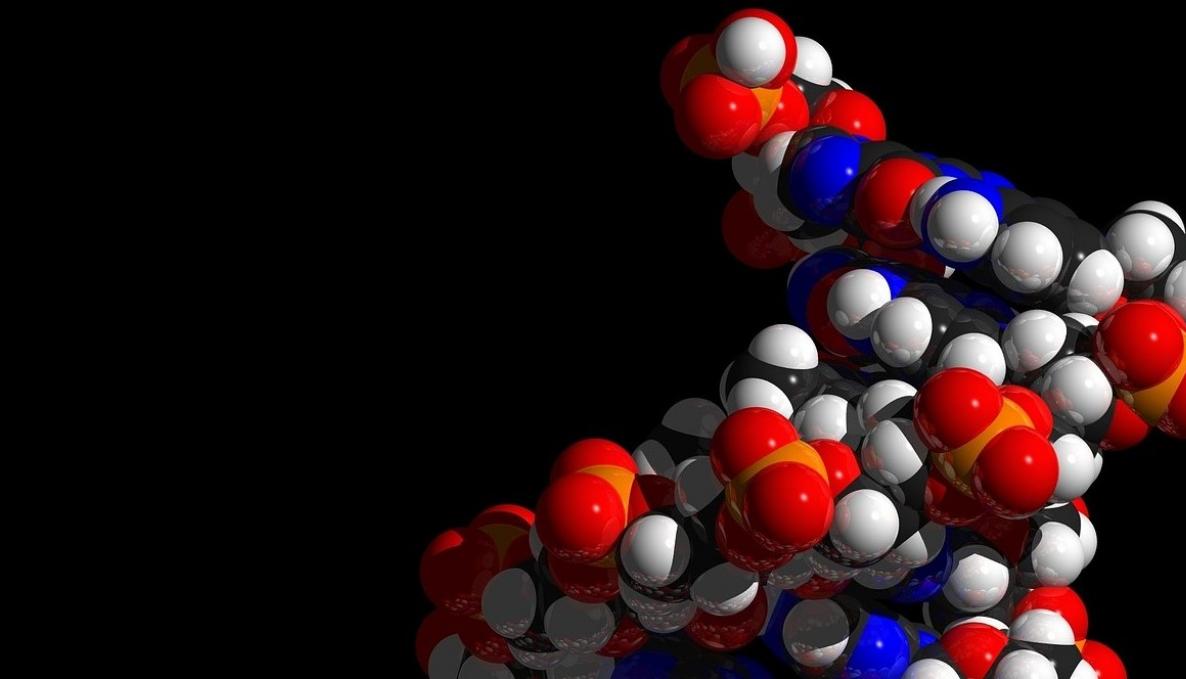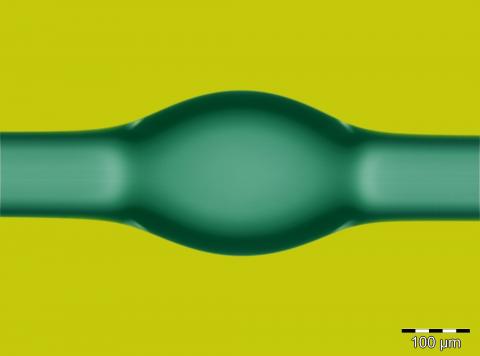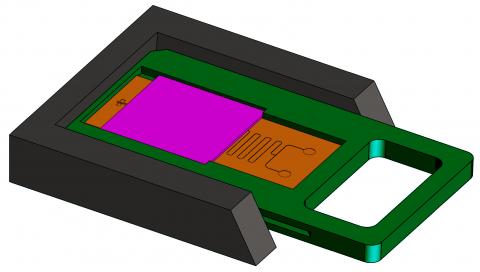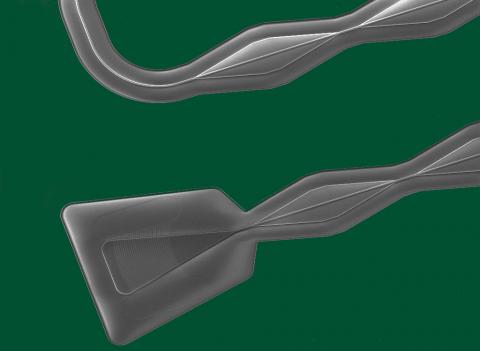Portable medical devices for early diagnosis: TeCIP researchers announce “PoC-BoSens”, a photonic platform Point of Care testing for autoimmune diseases, tuberculosis and cancer detection

The PoC-BoSens project aims to create a novel medical prototype to detect cytokine (small, nonstructural proteins, including interleukins, chemokines, interferons, and tumor necrosis factors) biomarkers. Protein biomarkers, especially cytokines, play a key role in the diagnosis of a wide spectrum of diseases. This opto-fluidic-based Point-of-Care (PoC) system for cytokine sensors will expand clinical testing and allow a fast and early detection of infections.
Antonella Bogoni and Stefano Tirelli, researchers of the TeCIP Institute and InPhoTec Foundation, have developed a strategic partnership with the Fraunhofer Institute in Berlin, the SYEL Srl company, and Tuscany regional authority to validate the PoC sensing microsystem technology. This is a combination of an array of photonic transducing elements based on novel three-dimensional bottle micro-resonators (3DBMRs) and a microfluidic system for transportation of test samples on the transducing elements. The BMR is a class of resonant structures with high sensitivity, a high grade of compactness, and multiplexing capabilities. The complete integration on a chip of a BMR array will allow the development of sensitive (pg/ml level), fast, portable and low-cost photonic platform for early diagnosis of Lyme Borroliosis (LB) infected patients.
The PoC diagnostics, simplified and miniaturized to reduce the overall cost of materials and equipment, the use of “lab-on-a-chip” and biosensor technologies will report the test results in the most effective way. Biosensors use antibody, enzyme, nucleic acid, lectin, or receptor to detect analytes. A transducer then turns the detection signal into an electrical signal that can be measured using an appropriate readout. A detailed molecular understanding of cellular processes requires the ability to measure multiple analytes in parallel. Bio-sensing technology based on silicon photonics simultaneously provide quantitative analysis and enables rapid and reproducible assays for many targets within a single sample. Silicon photonic micro-ring resonators, a class of high-Q optical sensors, represent a promising platform for rapid, multiparameter measurements.
“The PoC-BoSens project , said Antonella Bogoni, is a strong translational cooperation of academic and SME partners with expertise in the field of photonic sensors, bioengineering, microfluidic systems, photonic electronic packaging, data processing, biomedicine and in vitro diagnostics. This project represents an opportunity to review the state-of-the-art in integrated photonic biosensors technology including interferometers, grating couplers, micro-ring resonators, photonic crystals and novel nano-photonic transducers. In Europe and all over the world, scientists have placed a particular emphasis on real bio-sensing applications and the potential impact of this technology. Rapidity and portability of these devices designed for performing diagnostics at the point of care will reduce morbidity and mortality of infectious diseases”.







